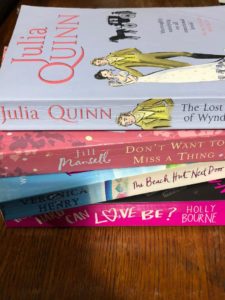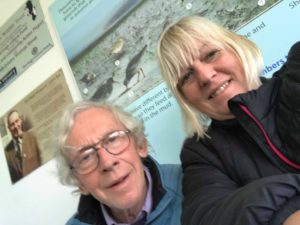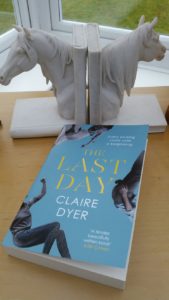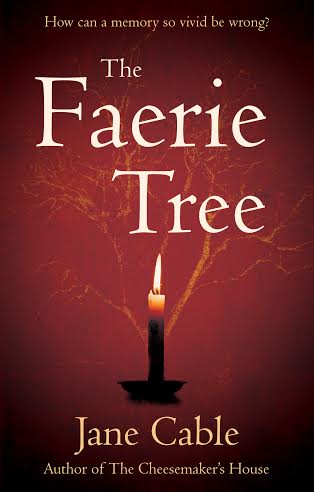Back in November I wrote a post here about Why I Love Romance as a genre. I explained that I had inadvertently written an essay on this subject and that first post covered how I believe romance is universal and utterly relatable, especially romantic comedy, my own specific sub-genre.
Today I wanted to return to that theme and talk about romance novels giving us hope in an often bleak and daunting world. I truly believe this – that romance novels help us have hope in life, the absolute certainty of a happy ending is sometimes exactly what you need to escape real life, whether it be dreadful news or just the day to day monotony.
Whilst trawling the internet a while ago I came across a tweet from a writer, Angela James, asking people to share their romance positive moments. The response was overwhelming, hope was right up at the top of that list and I have picked a couple as illustrations as they say it so much better than I could.
 ‘I found Romance after my brother commited suicide. It was a very dark and hopeless time, but Romance taught me that hope can rise again even after the darkest of moments and love, in all its forms, can be found if you just open yourself up to it.’
‘I found Romance after my brother commited suicide. It was a very dark and hopeless time, but Romance taught me that hope can rise again even after the darkest of moments and love, in all its forms, can be found if you just open yourself up to it.’
‘I began reading romance novels after my first miscarriage. I believe they re-wired my brain and helped me remember what optimism felt like.’
‘I started reading romance novels while was undergoing cancer treatment. I needed positive, escapist stories that promised a HEA.’
Now I’m not saying that romance is a cure-all, of course it isn’t. But romance novels are often easy and quick to read thus providing escape for an hour or two. They can’t rid you of the burdens that life brings, but being lost in the pages of a novel can give you a brief pause from them. I fell in love with romance when I became poorly at the age of thirteen. My friends were ringing me and asking if I was dying (I wasn’t but they were a dramatic bunch) and all I knew was that my body wasn’t behaving as it should. If I hadn’t had romance novels to read, to lose myself in, I think I would have struggled to cope.
We all know that life is not a romance but these books do give us the thrill of living vicariously, of confronting challenges and winning, of reading about someone’s longing turning into reality. To be fair, that’s true of reading in general but with romance you get the added ahhh factor, the satisfaction of a romance played out, of willing the hero and heroine on without any of the risk or leaving the comfort of your own home. I can be sunbathing on a tropical island or dancing the cha-cha whilst in reality I’m wrapped in a blanket and drinking a cup of tea, ignoring the stuff that I don’t want to have to deal with at that minute.
Happy-Ever-Afters are a reminder that not everything in life is bleak, that there’s the possibility of dreams coming true, that life contains so much positivity. Building a future with someone you love – the pinnacle of Romance – is forward-facing, optimistic, both the essence of hope and an act of hope. Romance Novels are the reassuring and toasty comfort blanket of the fiction world and I love them.
Edit – I wrote this well before Covid-19 was dominating the globe and considered pulling it, but I stand by the fact that in an ever-turbulent world the predictability of a happy-ever-after is reassuring so I’m off to hibernate with my kindle. Keep safe everyone,
Much love, Kitty x









